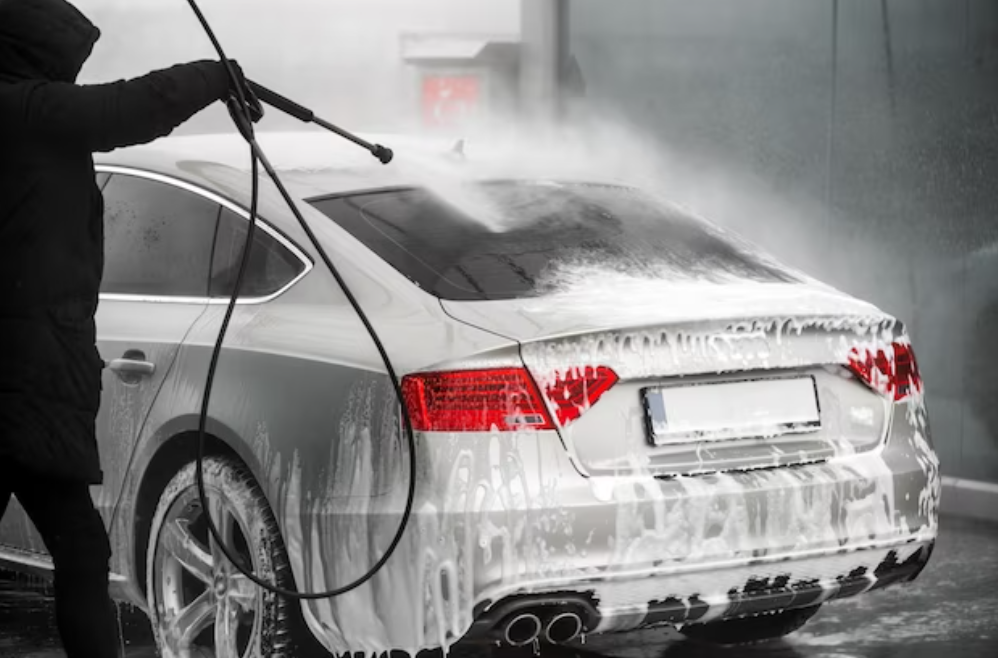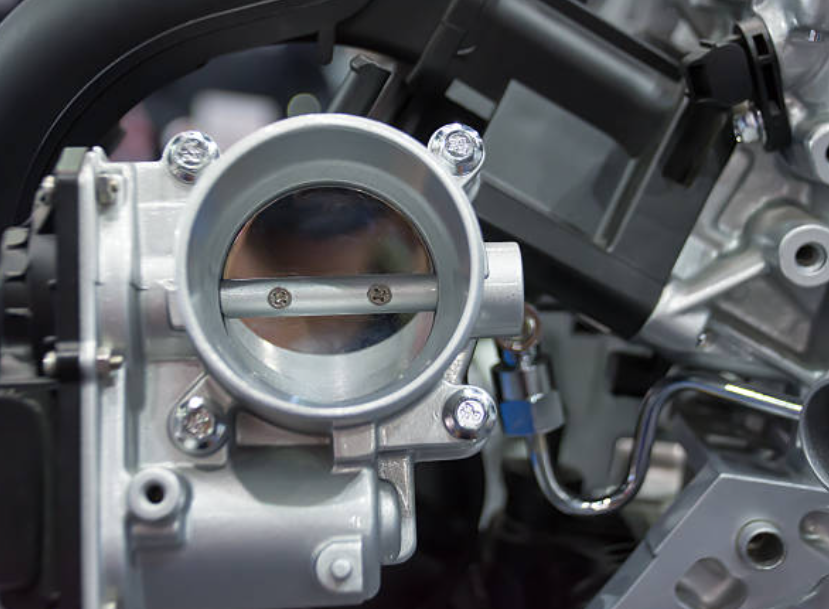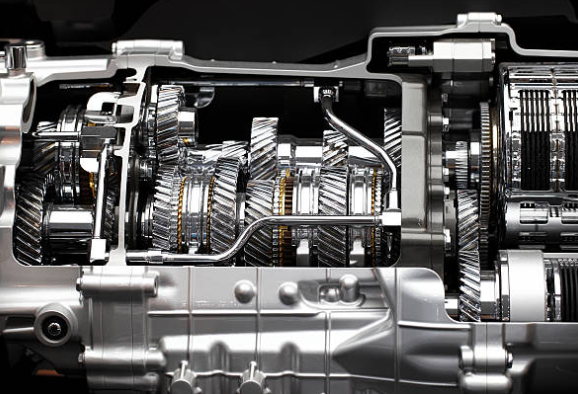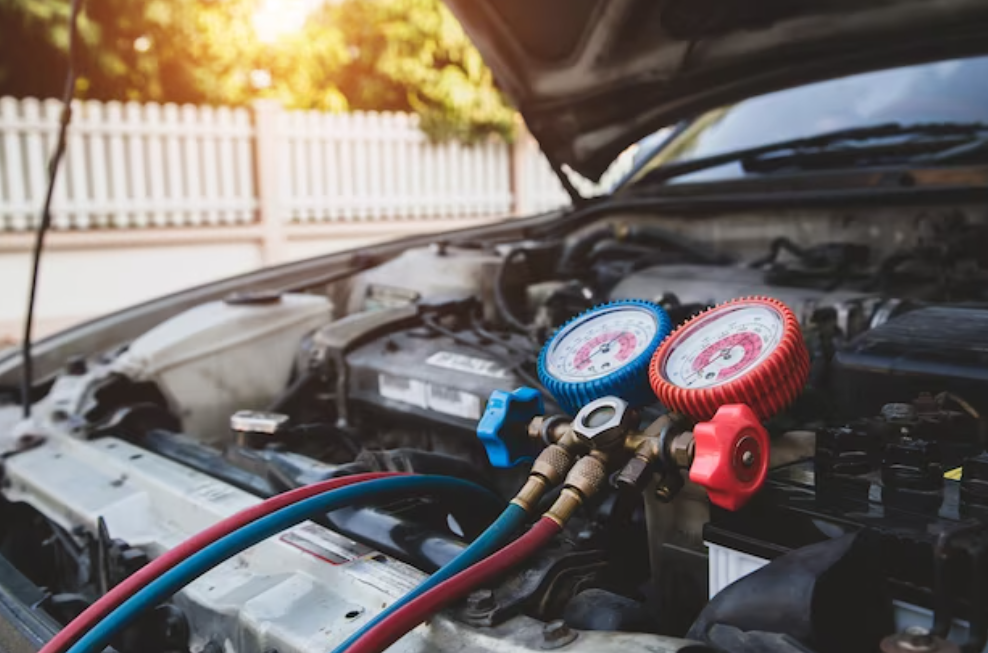Why Does My Car Smell Funny? Lets Explore
Have you ever stepped into your car only to be greeted by an unexpected and unpleasant odor? Whether it's a lingering scent of something mysterious, a sudden whiff of something foul, or a persistent smell that just won't go away, strange odors in cars can be both perplexing and bothersome. From the subtle hints of mustiness to the overpowering stench of something rotting, the source of these smells can range from harmless to potentially hazardous. But why does your car smell funny in the first place?
In this exploration, we delve into the various reasons behind the odors that permeate our vehicles, unraveling the mysteries lurking beneath the seats and within the vents. Join us on a journey to uncover the secrets of automotive aromas and discover how to keep your car smelling fresh and clean.

Why Does My Car Smell Funny?
Have you ever stepped into your car and been greeted by an unexpected odor? Whether it's burnt rubber, a musty scent, or even something sweet but fishy, strange smells in your car can be concerning. Let's delve into some common odors and their possible causes.
1. Burnt Rubber with a Slight Sweet Twang
Diagnosis: Clutch
In manual transmission vehicles, the clutch plays a crucial role in connecting the engine to the transmission. However, friction can occur, especially if the clutch is partially engaged. Quickening your shifts and minimizing clutch slippage can help alleviate this issue.
2. Musty Air, Possibly with a Hint of Dead Plant Matter
Diagnosis: Dirty Cabin Air Filter
The cabin air filter, like any filter, can become clogged and dirty over time, resulting in a musty odor. If cleaning the interior doesn't solve the problem, it might be time to replace the cabin air filter.
3. A sweet but fishy smell
Diagnosis: Coolant
Leaking coolant into a hot engine or exhaust can produce a sweet and fishy odor. Check for coolant leaks, especially in the cooling system or heater core, as inhaling coolant fumes can be hazardous.
4. Burnt rubber or hair odor
Diagnosis: Brakes
While some odor and heat are normal during braking due to friction, excessive smell could indicate a braking issue. Check for stuck calipers or rubbing brakes that may be causing the smell.
5. Oil Inside the Cabin
Diagnosis: oil leak
Oil leaks are common and can occur due to worn-out rubber seals. If oil is leaking onto hot engine parts, it can produce smoke that enters the cabin. Severe oil leaks can pose fire hazards and should be addressed promptly.

6. Rotten Egg Odor
Diagnosis: Ruined Catalytic Converter
A malfunctioning catalytic converter can result in a rotten egg smell due to hydrogen sulfide escaping into the environment. This issue may be caused by running conditions such as misfires.
7. Gym Bag or Body Odor
Diagnosis: Clogged Air Conditioning Drain Lines
Clogged drain lines in the air conditioning system can lead to mold and mildew buildup, resulting in unpleasant odors inside the car. Regular maintenance of the AC system can help prevent this issue.
8. Gas odor
Diagnosis: fuel leak
The smell of gas indicates a potential fuel leak, which can be dangerous if not addressed promptly. Check for leaks in fuel lines, fuel filler necks, or injectors to avoid the risk of fire.
While understanding and addressing strange odors in your car is essential, it's also important to maintain a pleasant and fresh scent inside your vehicle. Here are some tips to help you keep your car smelling good all the time:
Regular Cleaning: Make a habit of cleaning your car's interior, including vacuuming the carpets, wiping down surfaces, and removing any trash or debris. Regular cleaning helps eliminate sources of odor buildup.

Use Air Fresheners: Invest in quality air fresheners or odor eliminators designed for cars. Choose scents that you enjoy and replace them periodically to maintain a fresh smell.
Ventilation: Allow fresh air to circulate through your car by opening the windows or using the air vents. This helps remove stale air and odors trapped inside the cabin.
Deep Cleaning: Occasionally, perform a deep cleaning of your car's interior, including shampooing carpets, cleaning upholstery, and scrubbing hard-to-reach areas. This helps eliminate deep-seated odors and refreshes the interior.
Keep Odor Absorbers: Place odor-absorbing materials such as baking soda, activated charcoal, or coffee grounds in your car to absorb and neutralize odors. Leave them overnight and remove them in the morning for a fresher-smelling interior.
Avoid Eating in the Car: Minimize food consumption inside your car to prevent food odors from lingering. If you must eat on the go, choose non-messy snacks and dispose of any wrappers or leftovers promptly.

Address Spills Promptly: If spills occur inside your car, clean them up promptly to prevent stains and odors from setting in. Use appropriate cleaning products for different types of spills to effectively remove them.
Maintain Your HVAC System: Regularly inspect and maintain your car's heating, ventilation, and air conditioning (HVAC) system. Replace cabin air filters as recommended and check for any mold or mildew buildup in the system.
1. What causes strange odors in cars?
Common culprits include issues with the clutch, dirty cabin air filters, coolant leaks, brake problems, oil leaks, malfunctioning catalytic converters, clogged air conditioning drain lines, and fuel leaks.
2. How can I identify the source of the odor?
Note the type of smell and inspect components like the clutch, brakes, cooling system, and air conditioning system for signs of leaks or damage.
3. Are car odors indicative of serious problems?
Yes, some odors can signal serious issues like engine overheating or fire hazards from fuel leaks, requiring prompt attention.
4. How can I prevent odors from recurring?
Maintain cleanliness, replace cabin air filters, address leaks promptly, and use air fresheners or odor eliminators to keep the interior fresh.
5. When should I seek professional help?
If you can't identify or resolve the odor, notice other unusual symptoms, or want accurate diagnosis and repair recommendations, consult a qualified mechanic.
By understanding the causes of strange odors in cars and implementing preventive measures, you can ensure a fresh and pleasant driving experience. Remember to address odors promptly, seek professional help when needed, and maintain regular maintenance to keep your car smelling great and running smoothly on the road.
Click on the following link to read another blog post: Direct Injector Seal Service Demystified: Everything You Need to Know?
















